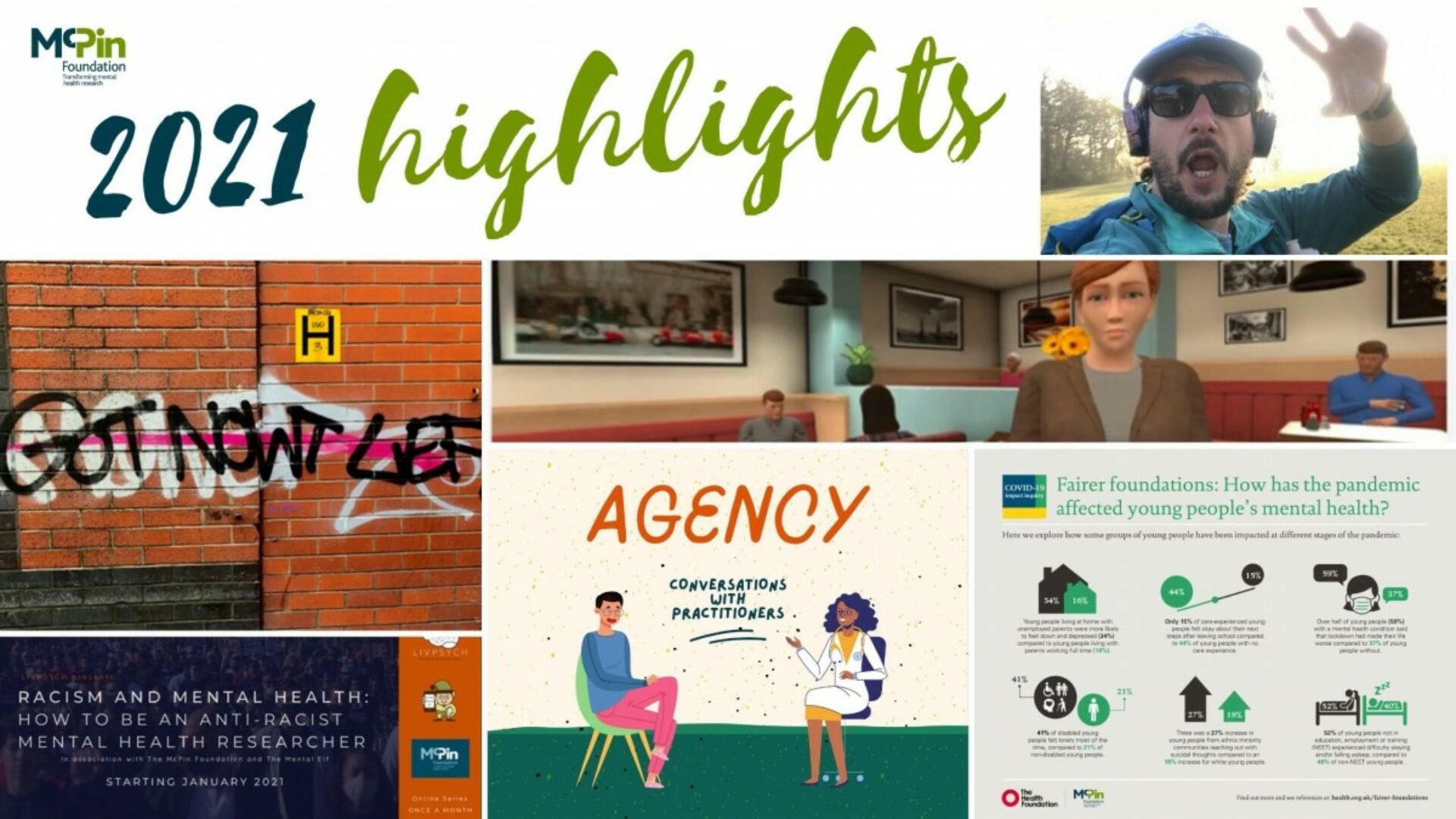As we wave goodbye to 2021, McPin Research Director Vanessa looks back on some highlights and also ahead to next year.
Vanessa Pinfold
At the start of 2021 we said to our teams, this is going to be a challenging year. We are still living with Covid-19 and the associated uncertainty, we are mostly working from home, and there is lots of project delivery. We vowed to to look out for each other and our mental health.
This year will be remembered for increased recognition of the importance of mental health, how inequalities in society are being exacerbated by Covid-19 – which impacts on the nation’s wellbeing – and an increased awareness of the role of research (and science) in our society. We hope that you have found ways to cope this year and, as we leave 2021 behind us, we are thinking of everyone in McPin’s networks.
Last year we talked about taking forward our work on young people’s mental health, inequalities and employment, as well as restarting projects that were paused during lockdown. We also wanted to push forward with more work on lived experience expertise and, in particular, examine how people use their varied experiences in their roles at McPin.
We promised to focus, both internally and externally, on anti-racism, inequalities and diversity in all our work, as well as how peer research and PPI (public and patient involvement) can and must do more to address systemic problems in mental health care and mental health research.
With all this in mind, here are a few of our highlights from this year:
Helping McPin grow
In 2021 our team grew so we had to recruit, induct, and train new staff, mostly via Zoom. While we’re starting to get the hang of interacting mostly virtually, it’s still not quite the same as meeting face-to-face. The silver lining is it has allowed us to welcome more remote workers to the team from across England.
Supporting the wellbeing of all our staff virtually still has its challenges but we are committed to continuing to develop, and it’s been great to see some initiatives pay off, including our expanded mentoring programme and a pilot wellbeing fund.
We have continued the journey we began last year on racism, inclusion and diversity internally, and will continue to work hard on this. We are currently recruiting, so please visit our vacancies page if you are interested in working with us or know others who might.
Trying new things
After a year of being able to do very little, we were keen to get involved in exciting new opportunities – which included securing two spots in the London Marathon. Our chosen runners signed up for very different reasons, and raised over £6,000 in total for McPin and mental health research.
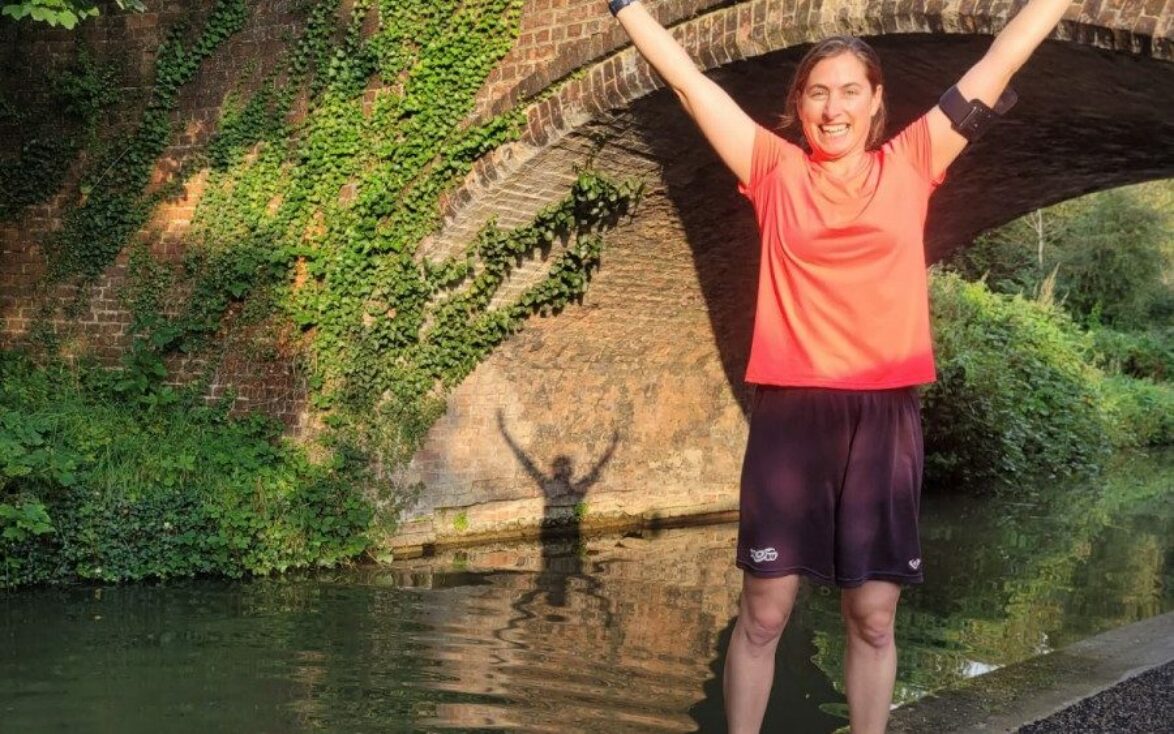
You can read about how Rowan’s love of running and research collided here, and how the marathon gave Jozef a nudge along his own mental health journey here. Although sadly an injury prevented Rowan from running in the end, we are still incredibly grateful to both of them for their hard work, time and energy – and for picking us as their chosen charity.
We also wanted to take a step back and show the ways in which many of our research and PPI projects fit into the wider themes at McPin, which is why we’ve added some thematic pages to our website. These pull together projects, blogs, podcasts, audio and reports on a common theme into one place, to give an idea of where they fit in the bigger picture.
So far we have pages for VR & digital, peer support, storytelling, employment and inequality, with more to come. And a shout out to the podcasting we have been doing – which is new to us but something we are keen to develop. You can listen to one on young people’s mental health here.
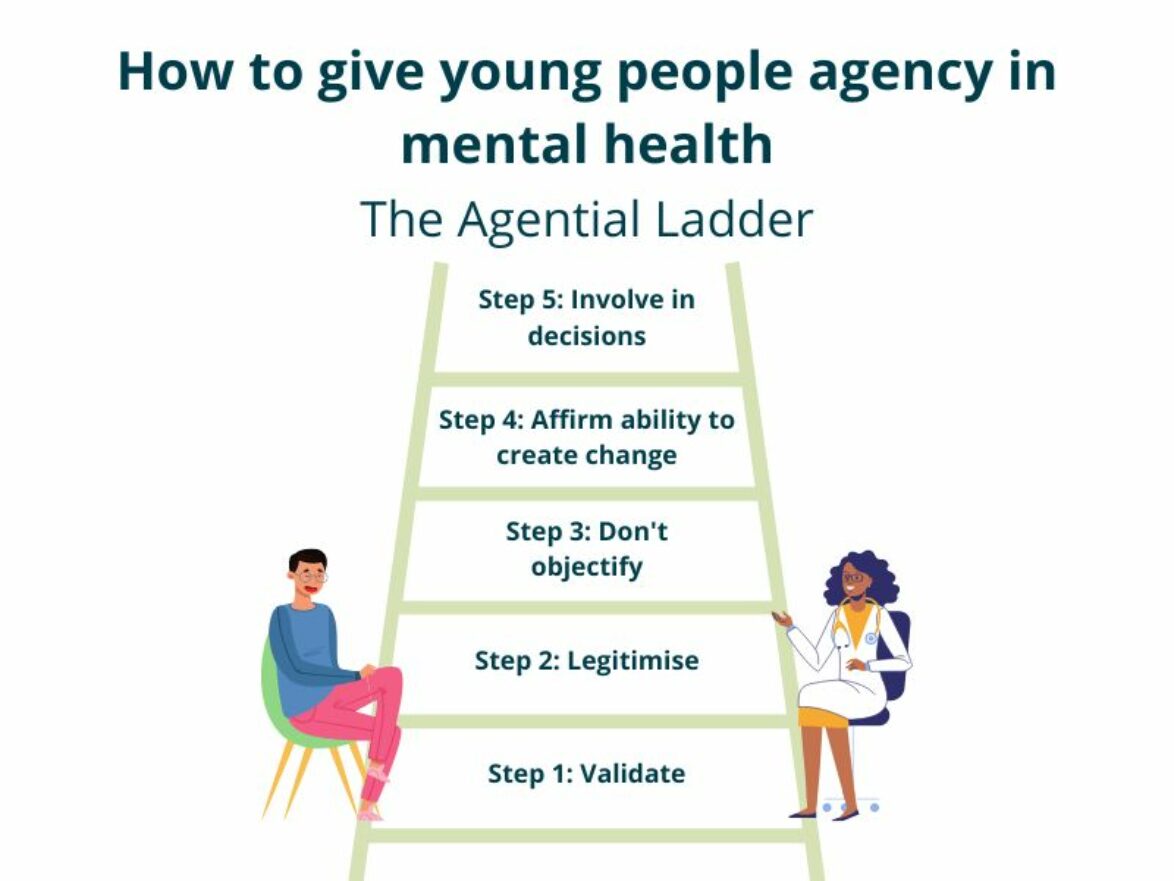
Of course, the reality is life is never clear cut, and many of these projects overlap and intersect several themes. Hopefully the pages will serve to add context to the work we do, and encourage intersectional thinking, which is another big theme for us going forward.
Anti-racism work
A milestone for McPin this year was publishing a rapid review called the ‘Good Work Report’ for the Black Thrive employment project. It focuses on the changes needed within local systems to help Black people with long term health conditions thrive – health, education, employment, local government – using a community-led approach. Including in our own organisation, there are recommendations for us and others to take on board.
Three of our peer researchers blogged about different aspects of being on the project: Researching the impacts of Covid-19 on Black people in Lambeth; Becoming a Community Peer Researcher; and The benefits and challenges of having a dual role in research.
We were also involved in a series of webinars with Mental Elf and LivPsychSoc on how to become an anti-racist mental health researcher, which saw fantastic speakers share their thoughts and experiences. We will be using the talks and feedback from the events to collate a knowledge hub on the topic in 2022.
In the summer, we also had an organisation come in to take a snapshot of where we’re at with our anti-racism work, and how we can take it forward to create meaningful, sustainable impact.
The results of the survey and one-to-one interviews done across the organisation have recently been fed back to us, and we are committed to using it for positive action in the days, weeks, months and years ahead, which we will keep you updated on as we progress.
Delivering better mental health research
Our primary focus is on improving the quality of mental health research and ensuring the findings are used to improve people’s lives. We have delivered lots of projects this year, including the conclusion of the gameChange programme, where we delivered a qualitative peer methods interview study to explore how people found the virtual reality therapy.
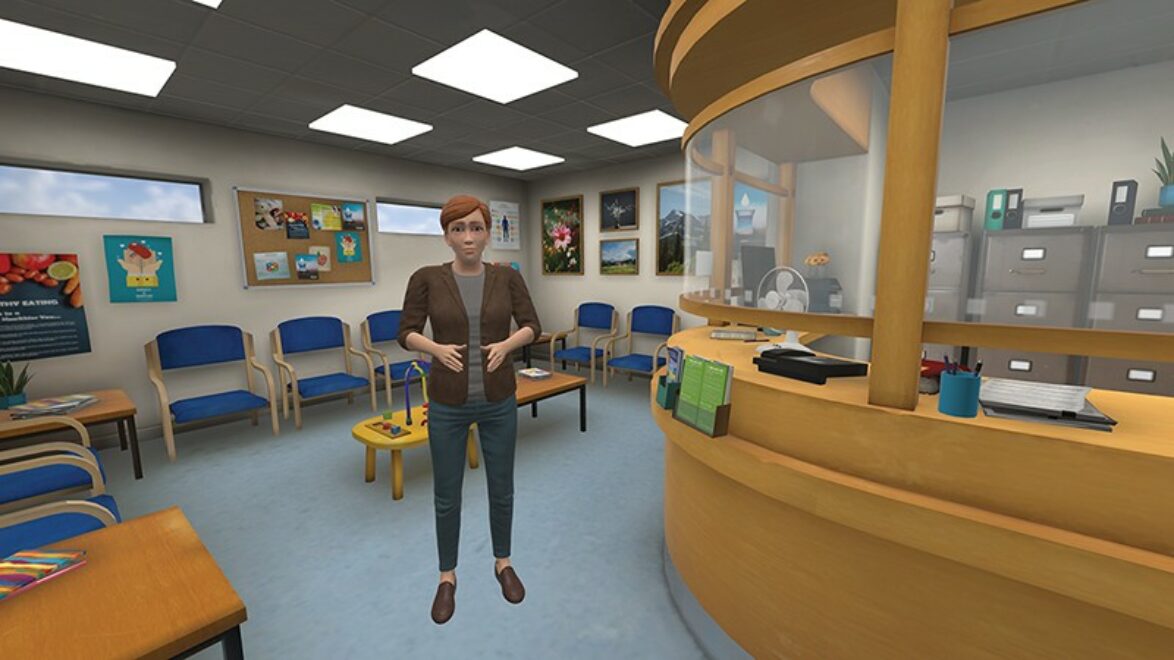
This year also saw the completion of PARTNERS2 after seven years, a project which explored new ways of supporting people with bipolar and schizophrenia in GP practices, with some reflections on co-production.
Covid has led to a flurry of newly commissioned projects to address the mental health impacts of the pandemic. We got involved in the Health Foundation’s Covid inquiry, working with young people to contribute to their infographic series.
We worked with THIS Institute in Cambridge, publishing work carried out in the first few months of the pandemic and began a follow-on piece of work exploring best practice remote access mental healthcare. We are also involved in a study looking at Covid, inequality and mental healthcare through a racial equity lens involving NHS Trusts in Manchester, Coventry, East London and Sheffield.
There is new work on the horizon too with several studies working alongside people with psychosis, focusing on side effects of medication, development of therapeutic wearable devices, and addressing problems with sleep.
We continue working on our unfairness and mental health Photovoice study in Harrow and Lambeth (we are still recruiting!) and are supporting several applications for the MRC Developing Minds methodology call, which seeks to improve scientific approaches to best deliver changes for young people.
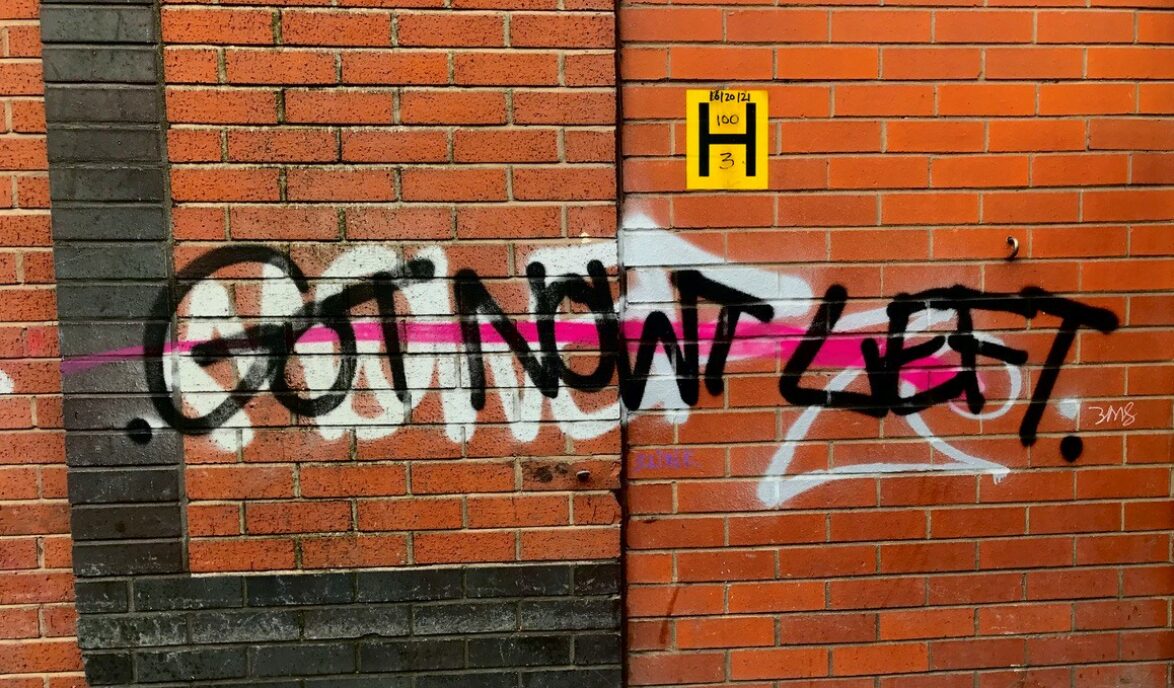
This year also saw the completion of PARTNERS2 after seven years, a project which explored new ways of supporting people with bipolar and schizophrenia in GP practices, with some reflections on co-production.
Covid has led to a flurry of newly commissioned projects to address the mental health impacts of the pandemic. We got involved in the Health Foundation’s Covid inquiry, working with young people to contribute to their infographic series.
We worked with THIS Institute in Cambridge, publishing work carried out in the first few months of the pandemic and began a follow-on piece of work exploring best practice remote access mental healthcare. We are also involved in a study looking at Covid, inequality and mental healthcare through a racial equity lens involving NHS Trusts in Manchester, Coventry, East London and Sheffield.
There is new work on the horizon too with several studies working alongside people with psychosis, focusing on side effects of medication, development of therapeutic wearable devices, and addressing problems with sleep.
We continue working on our unfairness and mental health Photovoice study in Harrow and Lambeth (we are still recruiting!) and are supporting several applications for the MRC Developing Minds methodology call, which seeks to improve scientific approaches to best deliver changes for young people.
